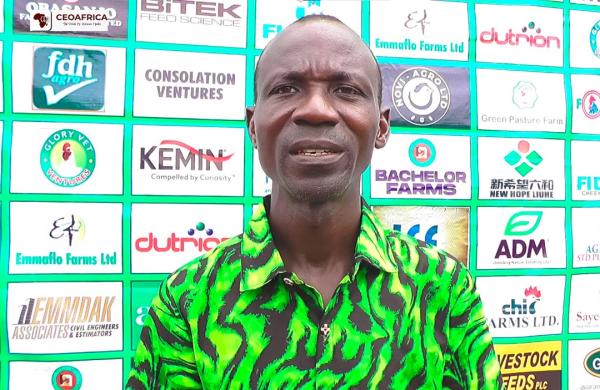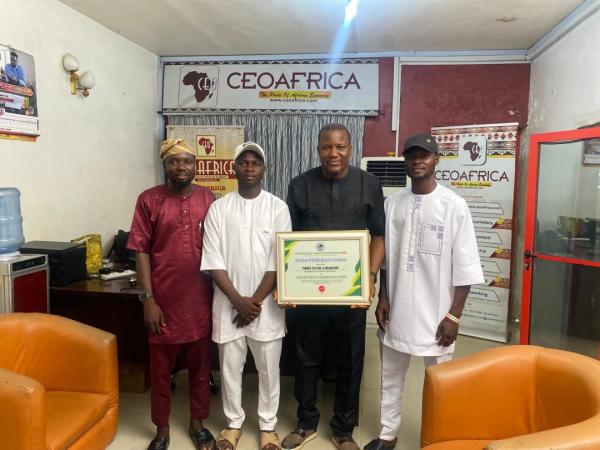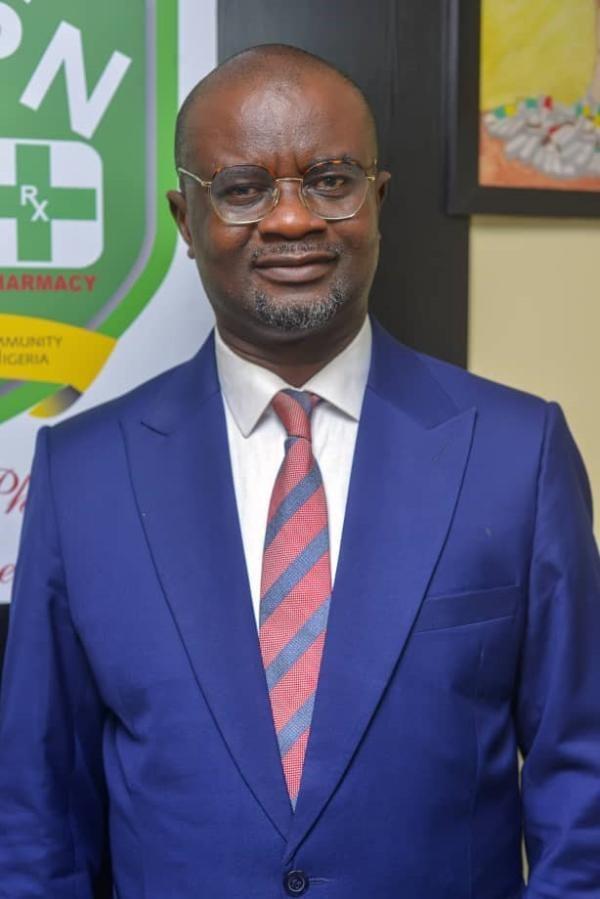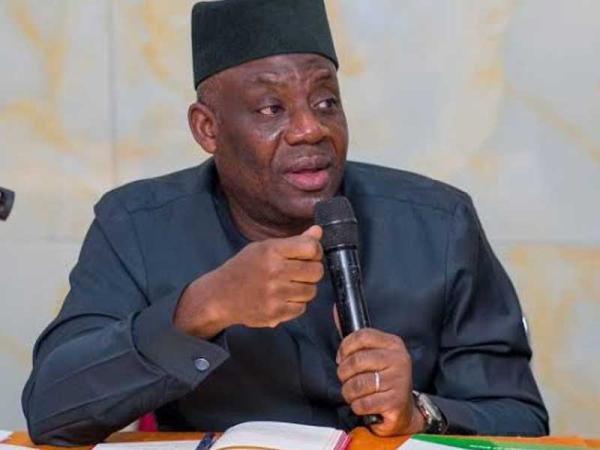
During the 2025 Mega Poultry Workshop, Mr. Oluwatoyin Olayinka, the Local Organizing Committee Chairman of PAN Oyo State, shared with CEOAFRICA in an exclusive interview where he highlighted the pressing need for collaboration among stakeholders in Nigeria’s poultry industry. He articulated that the theme of this year’s workshop was specifically designed to address the fragmentation within the sector and promote unity among diverse players.
“What informs this year's theme is about engaging different stakeholders in the industry,” Olayinka explained. “We discovered that each of these stakeholders has been operating independently, facing difficulties in breaking through. So, under the umbrella of the national body, PAN Oyo State has taken the initiative to gather these stakeholders together and work collaboratively. We believe that if we join forces, we will achieve more; we would win easily and reach our collective goals in no time.”
Olayinka emphasized the importance of recognizing shared challenges within the industry, particularly when it comes to finance—the “major challenge” that he noted is hampering the productivity of every value provider. “We need to trace these challenges together and leverage our collective strength as a unified body to confront the government about necessary policy changes,” he said. He advocated for a collaborative approach with financial institutions to alleviate the usual problems that farmers face, such as market fluctuations and access to capital.
“The government needs to create an enabling environment and provide capital by making facilities available for farmers,” Olayinka stated. He outlined a vision where government support extends to input suppliers and emphasized the importance of attracting youth to the poultry sector. “We need to tell the youth that there is space for them in the poultry industry. We should assure them that they will receive funding for feed millers and drug suppliers, enabling them to produce and market the goods,” he explained.
Olayinka further suggested that the government should act as an off-taker of poultry products, which would significantly reduce tension and uncertainty among producers. “If the government can commit to off-taking products, it will ease the pressure on those working in the industry, allowing them to focus on what they do best—producing high-quality poultry products for the nation,” he urged.
His insights reflect a critical understanding of the systemic issues facing Nigeria’s poultry industry, where lack of coordination among stakeholders often hinders progress. The workshop served as a platform to foster dialogue and encourage collaboration, reinforcing Olayinka’s belief that working together is essential for overcoming the sector's challenges. Overall, Olayinka’s call for action underscored the urgent need for systemic changes to create a thriving and sustainable poultry sector in Nigeria.






















